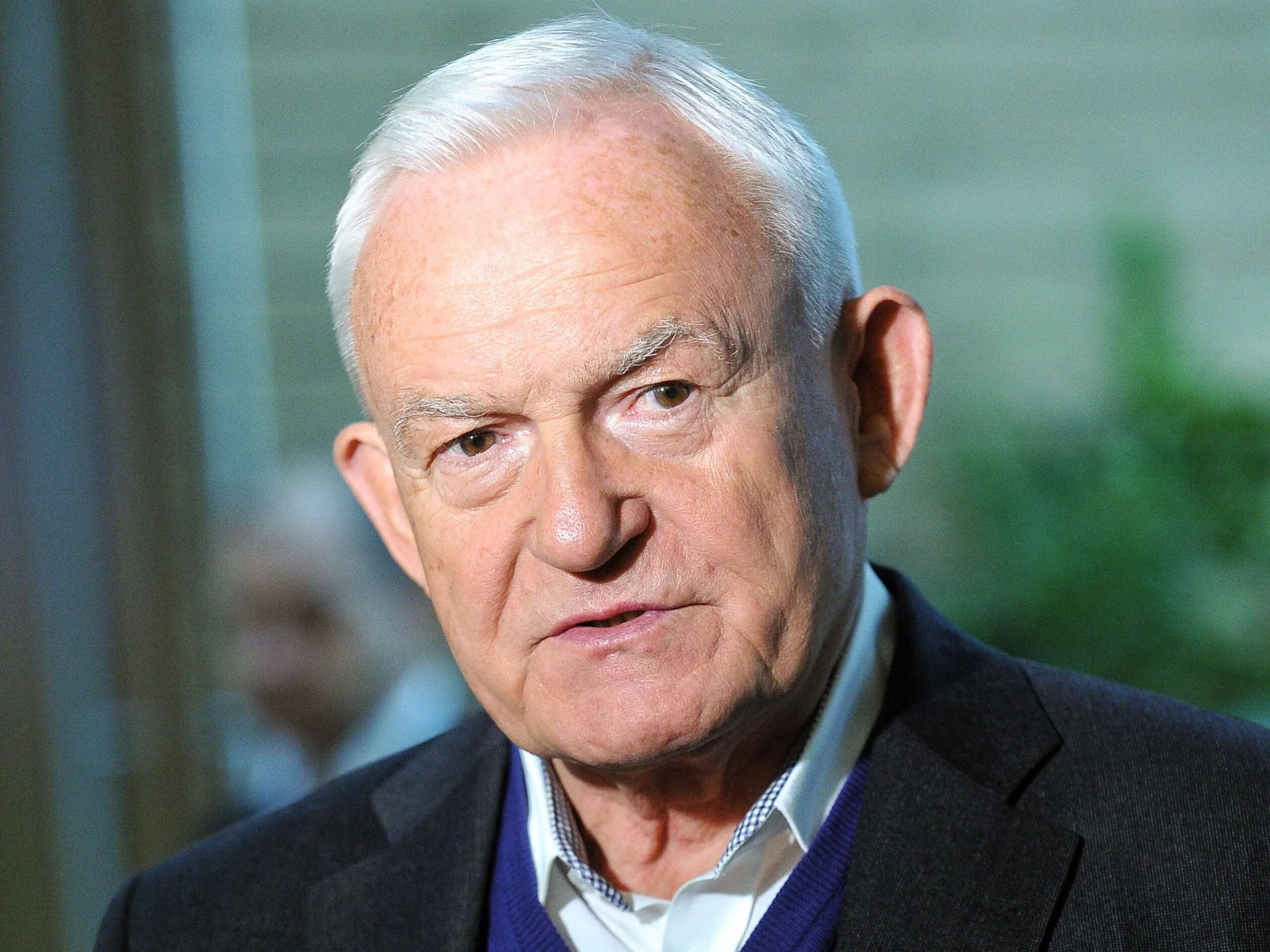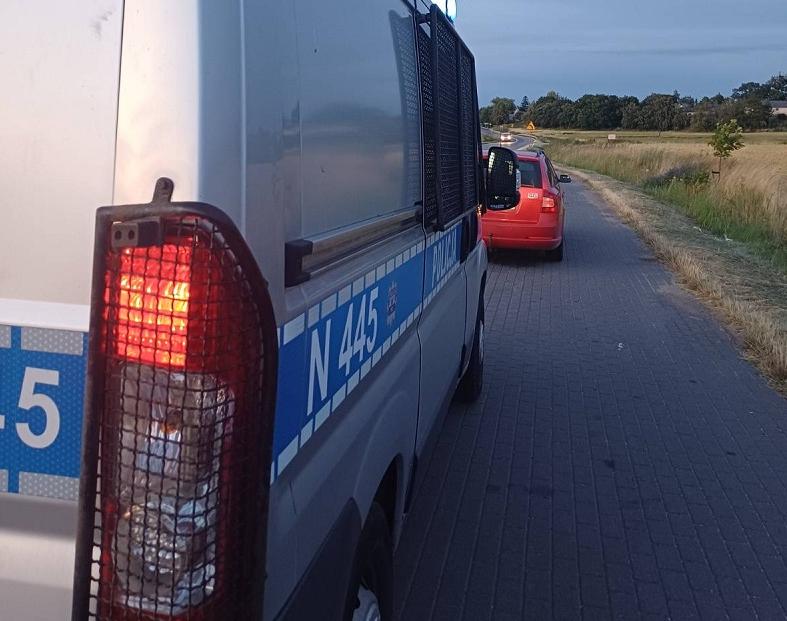German Minister of the Interior Alexander Dobrindt defends the tightening of German migration policy as essential and effective. "The phrase in migration policy works, numbers fall, we send the right signals from Germany into the world," he said on Thursday (10.07.2025) in the Bundestag.
Fall to 3rd place
Dobrindt spoke during the budget debate in Parliament and discussions on the budget of his ministry. He besides referred to the latest data on migration and asylum: in June the number of applications fell below 7,000, 60 percent little than a year ago and 70 percent little than in 2023 – he argued.
Germany "are no longer in the first place as a destination country for illegal migration" in Europe, but have fallen to 3rd place," Dobrindt said. This, as he argued, "the success of the actions taken by the German government", which began in September last year by turning migrants at borders.
“We consistently follow this path,” said the head of the German Ministry of Interior, referring, among others, to planned decisions on safe countries of origin.
Border checks
Germany introduced stationary border controls with Poland, the Czech Republic and Switzerland in October 2023 under the then coalition of SPD, Greens and FDP. little than a year later they were extended to another boundaries. The border with Austria has been controlled since autumn 2015.
Immediately after taking office as head of the MMA in early May, Alexander Dobrindt ordered further tightening of border controls, and besides instructed the national Police (who in Germany is liable for borders) to mostly and straight at the border turn asylum seekers in Germany. The exceptions are "sensitive groups", specified as pregnant women and children.
Less illegal entry
The latest data from the European Border and Coast defender Agency – Frontex – shows that the number of registered illegal border crossings of the European Union decreased by 20 percent in the first six months of that year compared to the same period of 2024.
The largest declines were recorded on the Western Balkans way (minus 53%), on the east land borders (minus 50%) and on the West African way (decline by 41%).
The most busy migration way to the EU is presently the central Mediterranean region, which accounts for 39 percent of all illegal border crossings. In the first six months of this year, there was a 12 percent increase on the way compared to the first half of last year.
The most commonly reported nationalities for illegal border crossing are Bangladesh, Egypt and Afghanistan.
More trips to the islands
According to Frontex data, there was an increase in illegal trips to the UK by 23 percent to 33,215 people in the first half of this year.
EU migration Commissioner Magnus Brunner advocated further expanding cooperation with 3rd countries. "Our partnership with the Western Balkan countries is simply a peculiarly good example of this," he said.
However, current events – specified as the worrying situation in the Libya-Kret section – have shown that these efforts should not cease. "We must have control of who can come to Europe and who can't," said Brunner.












![Mural na 15-lecie Mariackiej świeci. Zrobiła go Ania "Grube Linie" z Katowic [Zdjęcia]](https://www.wkatowicach.eu/assets/pics/aktualnosci/2025-07/DJI_20250712213202_0641_D_Du%C5%BCy.jpeg)





